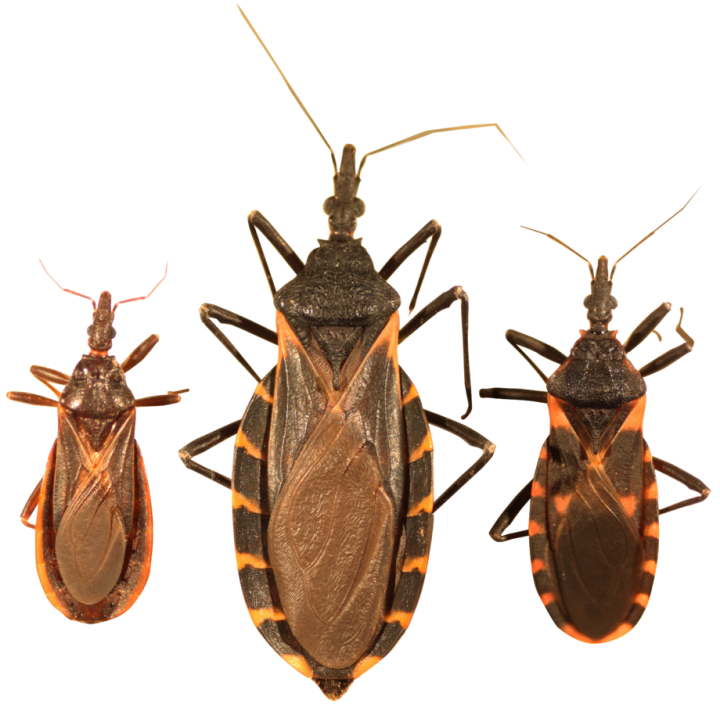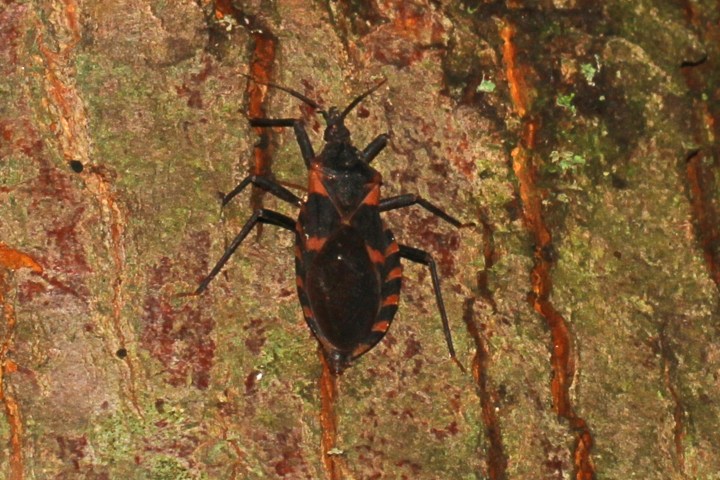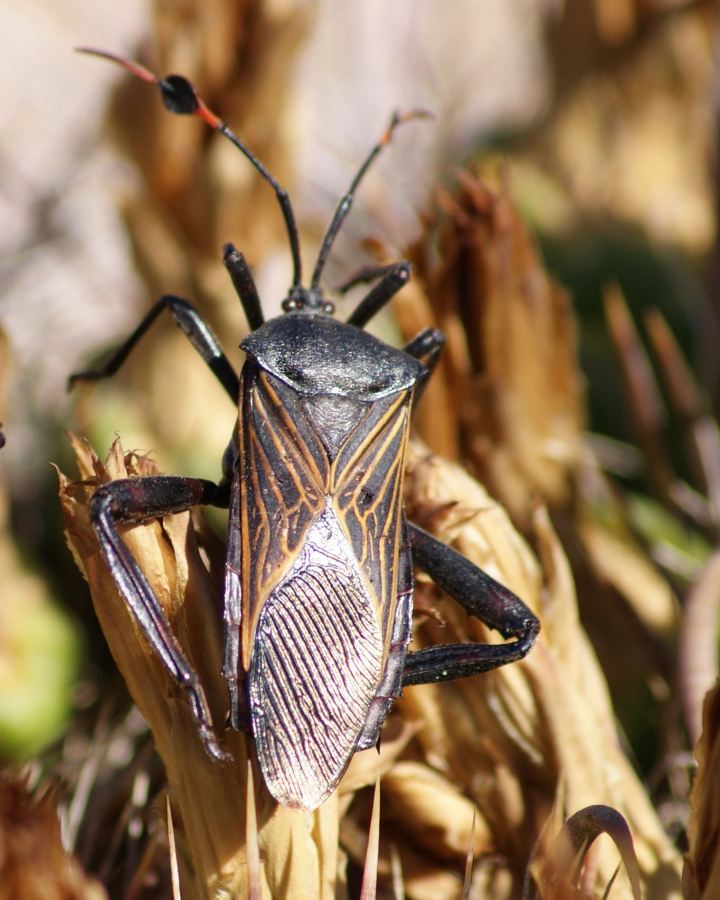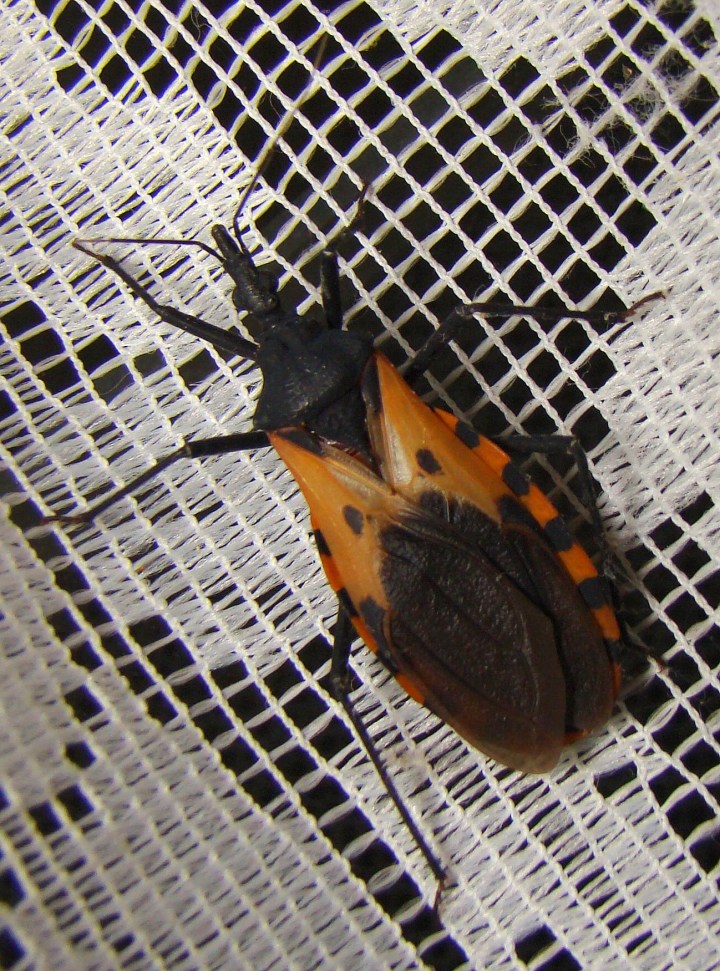A Parasitic Bug Has Been Spotted In Maryland And Its Bite Can Be Deadly
Be careful out there, outdoor explorers! A few months back, we talked about how Maryland is experiencing a surge of ticks this year due to weather conditions. Now, there’s another insect that has been spotted more and more throughout the state that you should be aware of. Although the risk of being affected by these bugs is low, you should still keep your eyes peeled and try your best not to get bitten.

You'll also find them in Central and South America.

Here are the markings you should be on the lookout for.
Advertisement

The above Kissing Bug was found in Chevy Chase, Maryland.
Advertisement

However, it's said that only half of kissing bugs carry the parasite.

Again, most of those are in the Southern states. But a girl in Delaware was recently bitten and the incident
made the news throughout the Delmarva area.

These symptoms often improve without treatment.

Those who've made it to the chronic phase may also have a swollen esophagus and colon, enlarged heart, and more.

Don't let this deter you from exploring the outdoors this summer.
For more information on the Kissing Bug and Chagas Disease, visit the official CDC website.
OnlyInYourState may earn compensation through affiliate links in this article. As an Amazon Associate, we earn from qualifying purchases.




